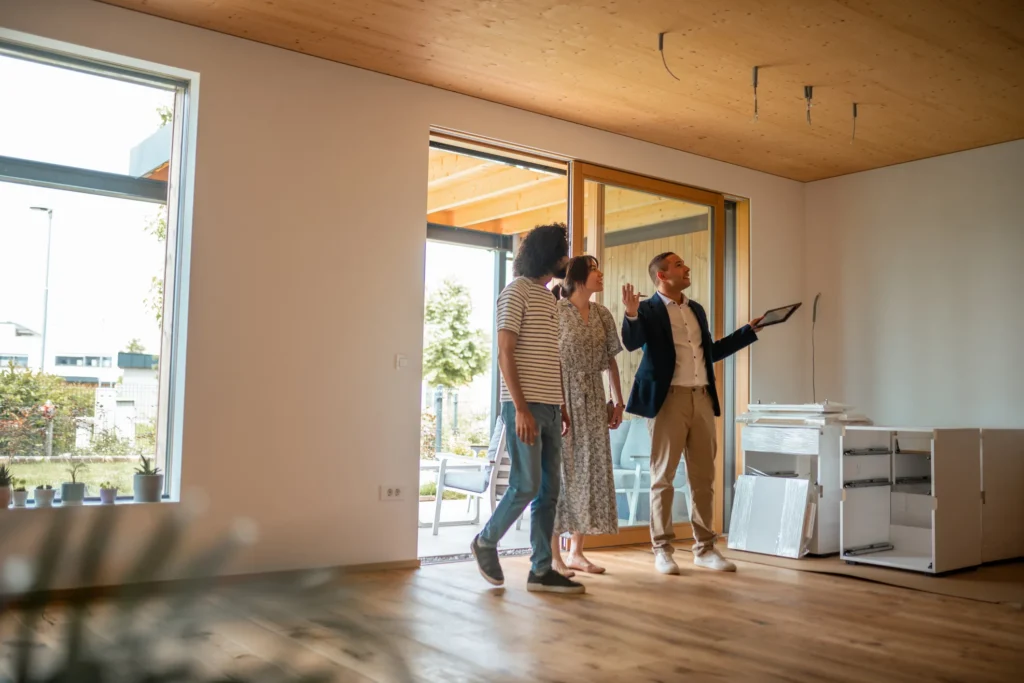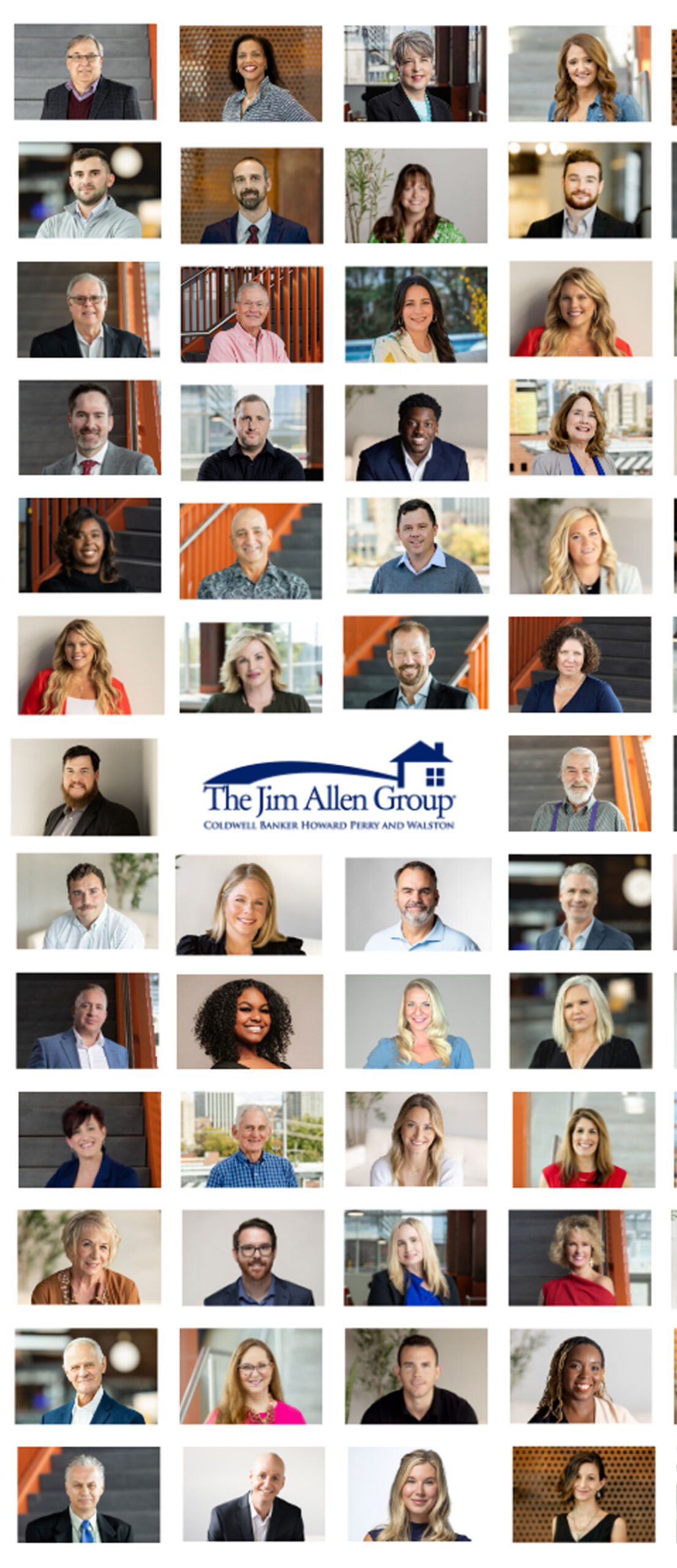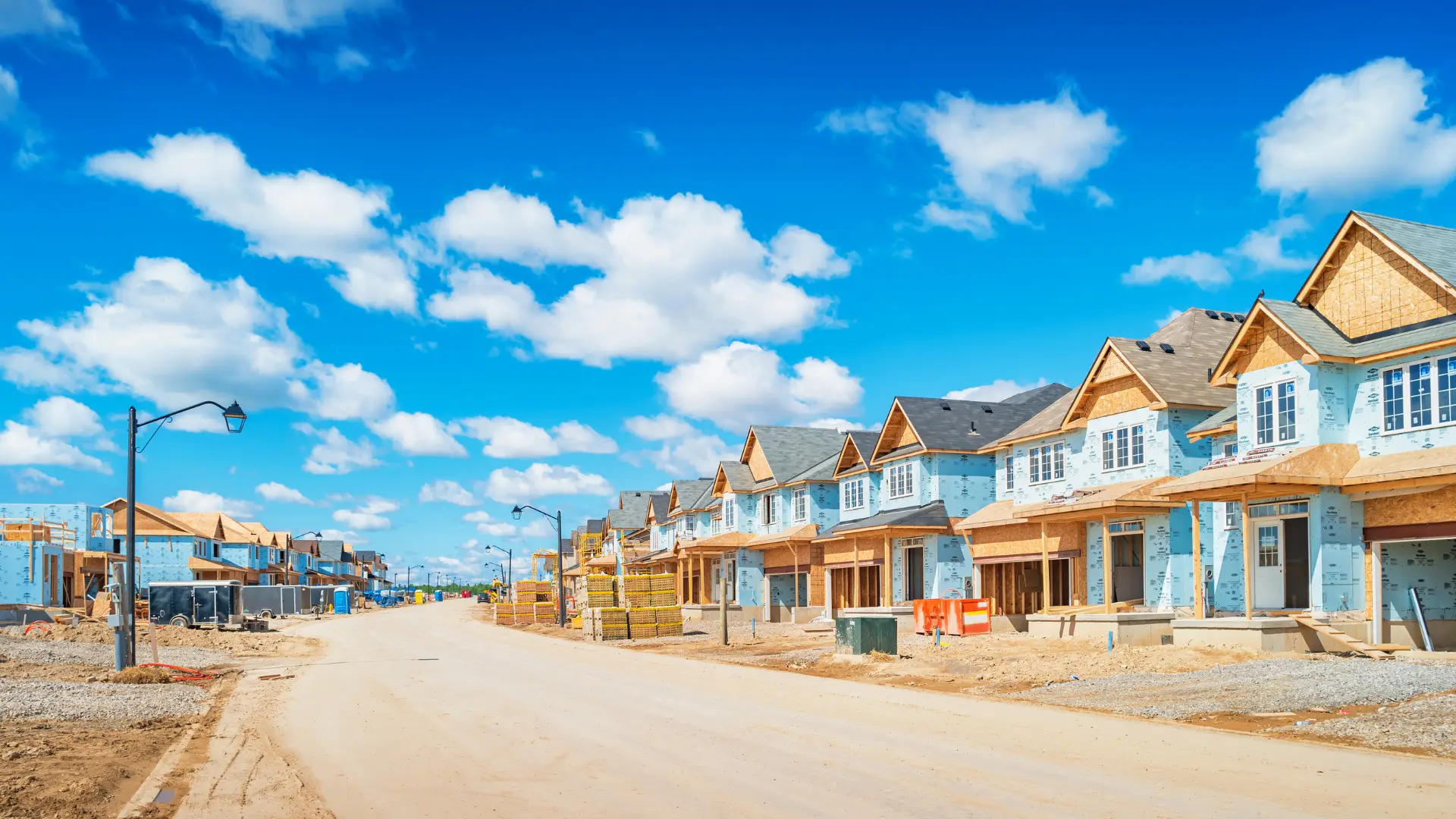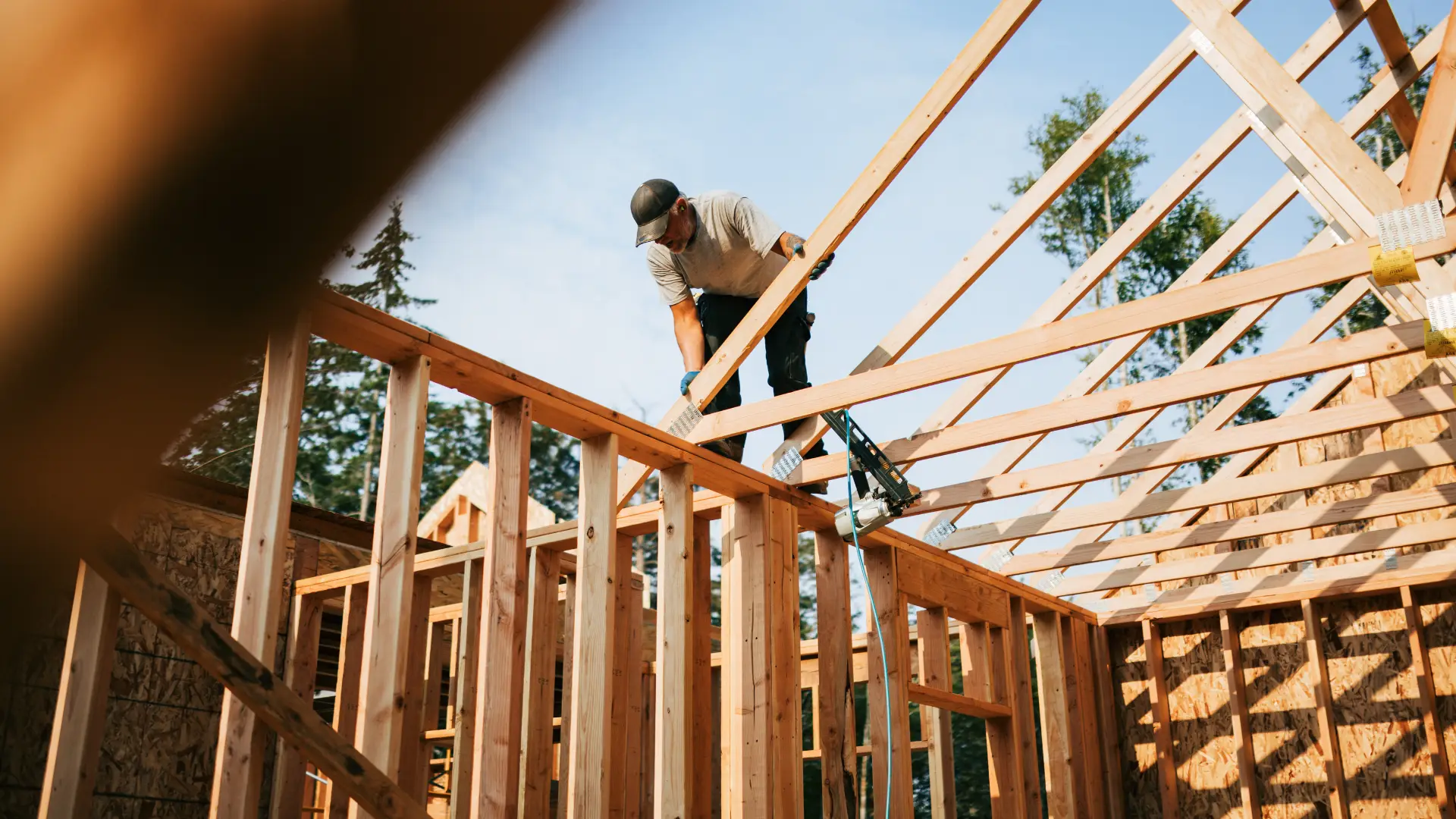Good questions to ask as a first time home buyer

If you’ve never purchased a home before, the entire process can seem intimidating and overwhelming. There are numerous steps to take, things to be aware of, and questions you might have on your mind. Before you start too far down the path, take a moment to check out a few of the common questions to ask as a first time home buyer.
Whether you’re trying to figure out a budget, determining if an agent is the right fit, or trying to understand how much money to save in the bank, start here. The answers to these questions can help you find the confidence you need to start your search.
Where should I start if I want to find out if I can afford to buy?
Regardless of whether you’re a first time home buyer or you’ve purchased in the past, get pre-approved for a mortgage. Pre-approval is a fast, easy process where a lender reviews your pay stubs and bank documents to determine if you’re a good candidate for a mortgage. If you get pre-approved, the lender provides you with a pre-approval letter. This outlines the details and shows sellers you’re already taking the serious steps toward buying.
As you start hunting for a lender, be aware that “pre-qualified” is not necessarily the same as “pre-approved.” You can also shop around for a lender to see who can give you the best offer. However, it’s always wise to choose a local lender that understands the market where you live. In the Triangle area, it’s a good idea to work with Towne Mortgage of the Carolinas or North State Bank so you can meet in person and develop relationships with your lender that will pay off in the long-run.
How much should I have in savings?
If you’re buying a home, it’s always smart to have savings in the bank before you purchase. You’ve likely heard that you need to have 20 percent of the purchase price saved to purchase a home. And while at times, that amount of money can help you better negotiate the terms of your mortgage, it’s also not necessary to have that amount in savings. After all, if you were to purchase a $400,000 home, you would need $80,000 in the bank for the down payment alone. Fortunately, that’s not always necessary.
Many first time home buyer programs don’t require down payments. VA loans and USDA loans typically don’t require down payments. An FHA loan may require a down payment, but they are often around 3.5 percent, which is around $14,000 for a $400,000 home. There are also programs such as the NC Home Advantage Mortgage, which provides down payment assistance for those who qualify. Also, keep in mind that you’ll need to pay closing costs, moving fees, and costs for cleaning, painting, and updating once you move in. It’s a good idea to have between 2 and 6 percent of the cost of your home saved up to make sure you have enough cash in the bank to start your purchase off successfully. Your mortgage lender will give you insights into what makes the most sense for your needs.
How do I figure out what I can afford?
One of the benefits of pre-approval is that you’ll know how much money you have to spend on a home. However, that doesn’t necessarily translate into the payment you can afford. As a rule of thumb, homeowners should limit their budget to somewhere between 25 and 28 percent of their income. Be prepared to discuss your budget with your lender. That way, you have an adequate understanding of the type of home you can afford to purchase.
The good news is that the right lender can also help you look for the right programs that make your dream of home ownership more affordable. Talk candidly with your lender about the budget you’re comfortable paying and what would make things out of reach. The lender will use that information to find the right payment and opportunities for your specific situation.
How do I know what to look for in a home?
It doesn’t have to be hard to figure out what you want in a home. One of the easiest ways to determine what you’re looking for is to sit down and write a wish list. Whether you scribble your wants down on a sticky note or develop an Excel spreadsheet to share with your real estate agent, your wish list is a great place to start figuring out what you want to find in your home.
Break your wish list into “must-haves” and “nice-to-haves.” That way, when you start looking for homes, you can easily weigh whether a feature of the home is something you can’t live without or a bonus feature that sweetens the deal. Your agent can use your wish list to help narrow down the right homes for you to look at — and ultimately find the right home on which to make an offer. Be sure to share that wish list early in the process.
What if things aren’t clicking with my agent or lender?
The good news about an agent and lender is that you aren’t married to either of them unless you sign a contract. Shop around for lenders and interview agents before you hire someone. This will make the entire process go smoother.
The right agent and lender are there to make the purchasing process easier on you. They should be communicative and have a solid plan in place to ensure success. Don’t hesitate to ask for references and to take the time to interview the team in advance so you know whether you click with them or not. If you see any red flags, move on to someone you feel more comfortable talking to.

What happens after I make an offer?
When you’ve found a home, there are still a lot of additional steps that need to happen before you officially close on a home. As a first time home buyer, it’s important to understand the period of time between when the offer is made and your closing period is important to the process. It just takes patience, and it may take anywhere from one to two months.
Once the offer is made, you’ll need to hear back from the seller’s agent to ensure the offer is accepted. Once accepted, appraisals and inspections begin as the lender finalizes paperwork. If you request any repairs to be made, that will happen before closing. In short, during this time, all of the work it takes to ensure the home is prepared for you to take occupancy is done. That’s why patience is so important.
What does closing look like?
On closing day, you’ll sit down and sign all of the paperwork on your new home to transfer the property to you as the buyer. At this point, you’ll have a clear understanding of what costs you need to pay and how you’re paying them. You pay your closing costs at the time or can have them wrapped into your loan. Once the paperwork is signed, you get the keys to your new home.
Set aside around two hours to close on your home. Your agent and mortgage lender will give you knowledge in advance, so you know what to bring to closing. This typically includes a check for insurance and taxes, your identification, and proof of homeowner’s insurance. Your agent will let you know if anything else is required.
Congratulations, homeowner!
Once you’ve purchased your new home, you are no longer a first time home buyer. And while you’ll likely be in your home for a while, keep in mind that the next time you go to buy, the steps are the same. Regardless of how many homes, keep these questions in mind before you get too far into the process.
Be the First to Know
Want to get the latest from The Jim Allen Group’s trusted local experts?
Subscribe to our blog, and we’ll notify you when we post something new!



